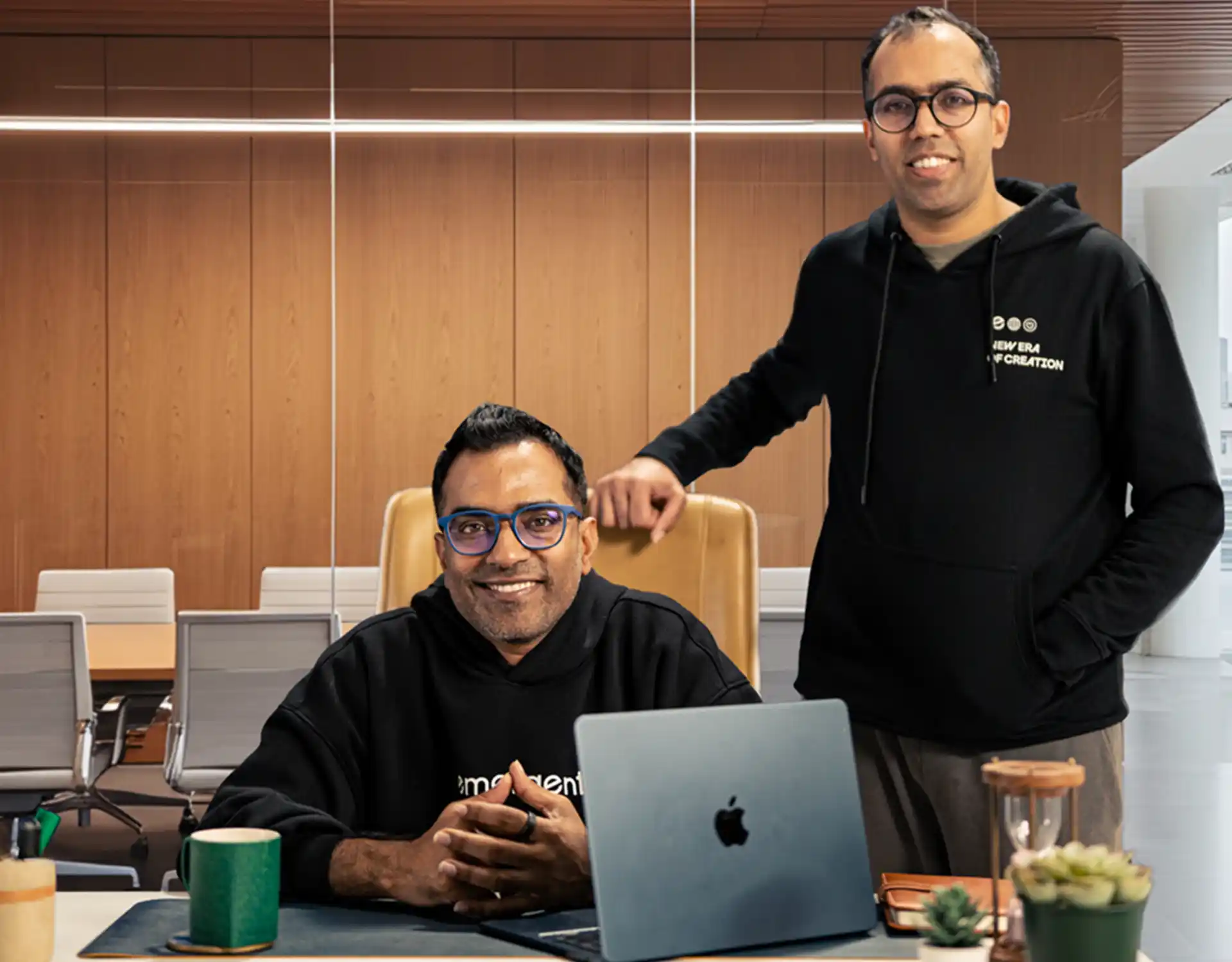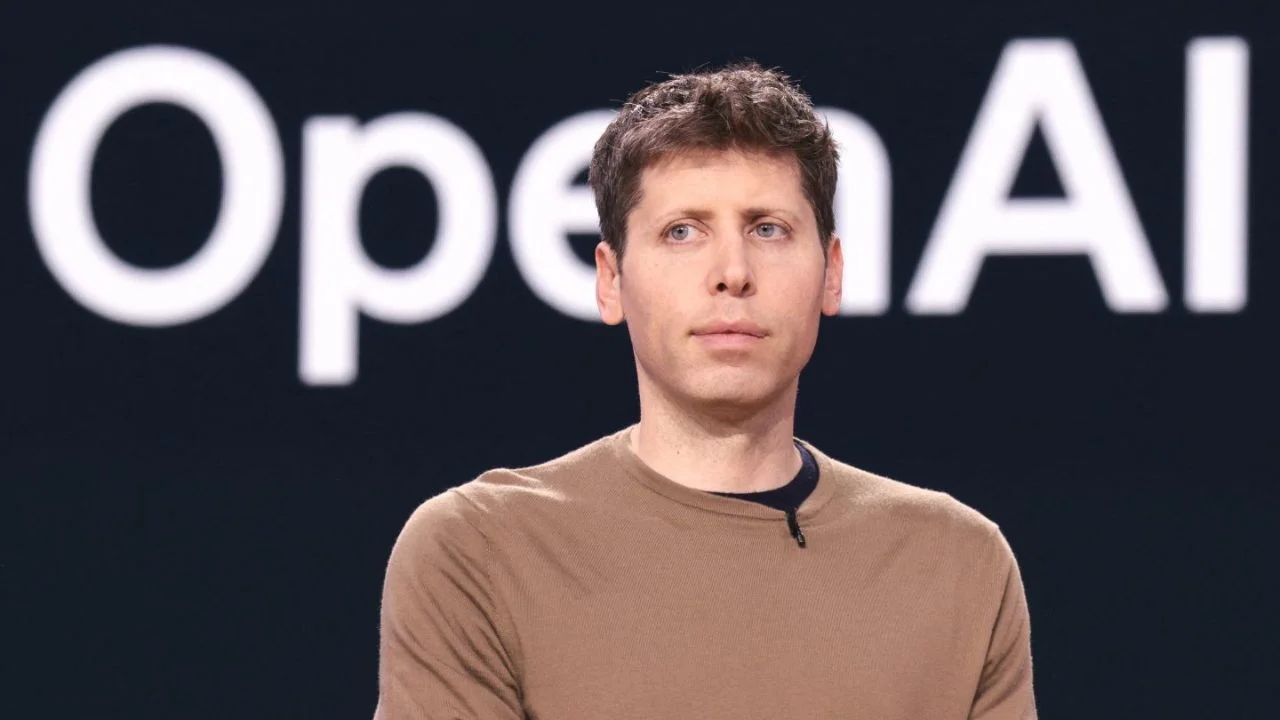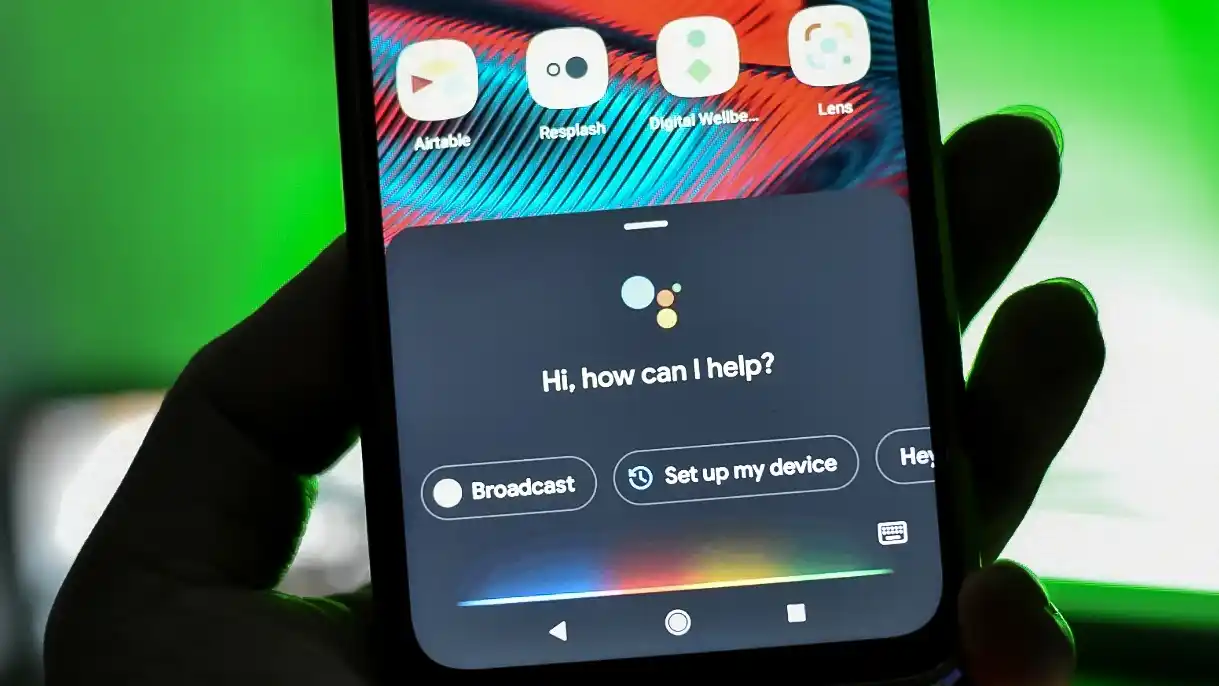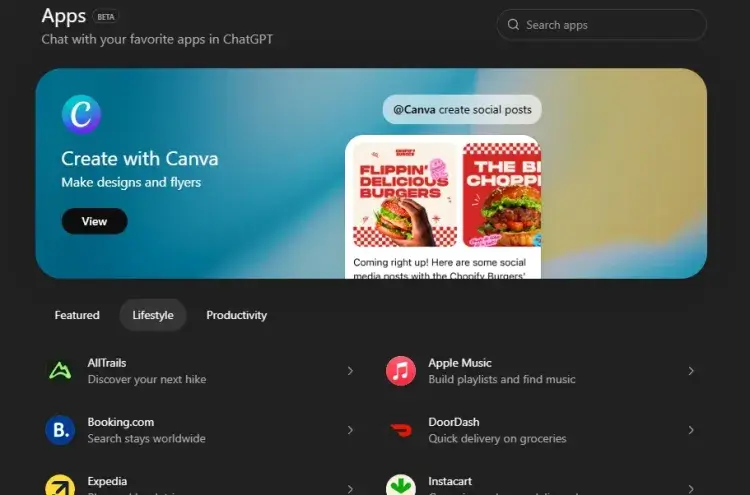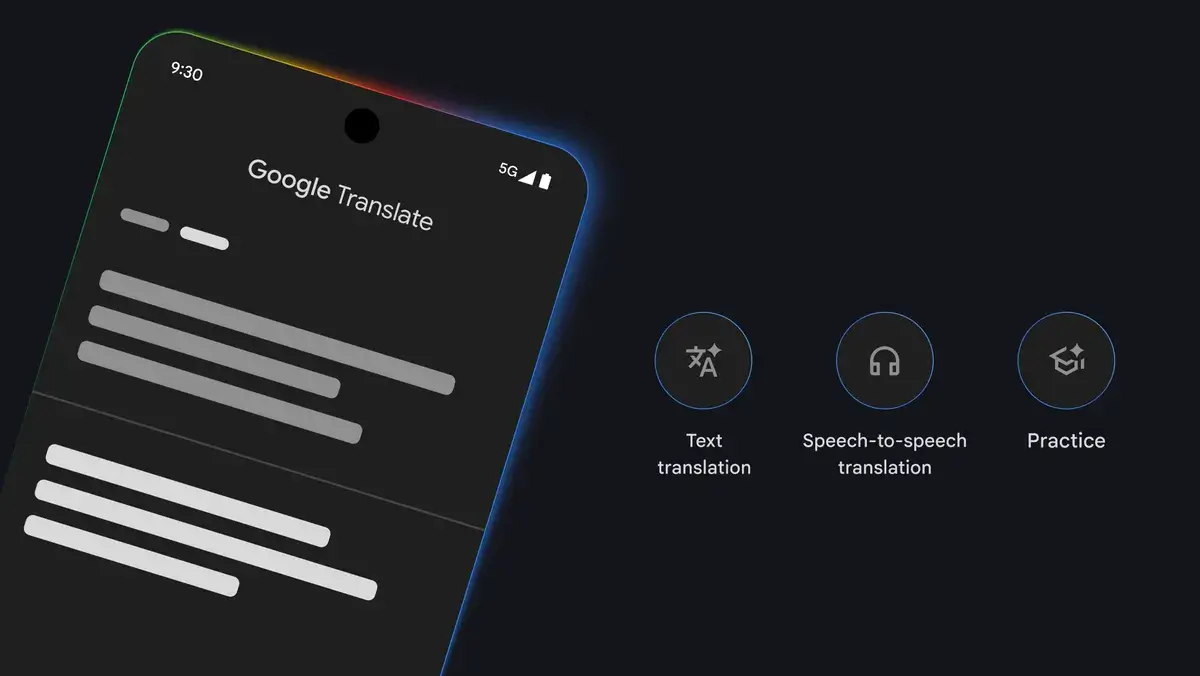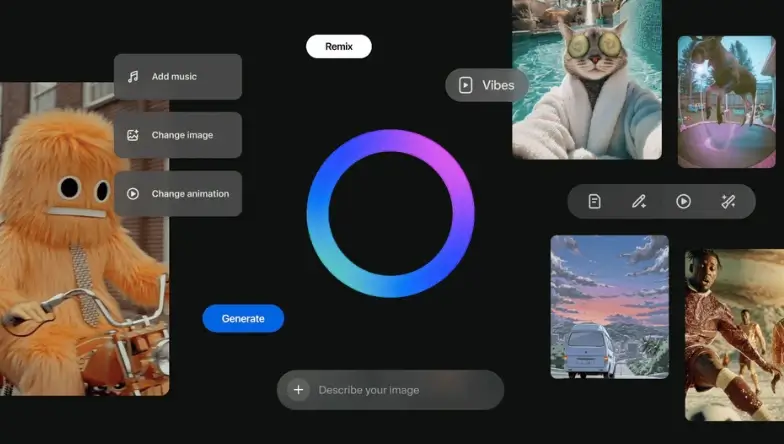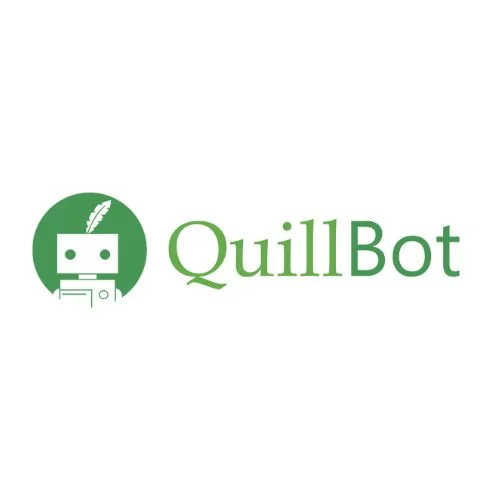Elon Musk’s Grokipedia Accused of Copying from Wikipedia
Where automation meets its moral boundary.
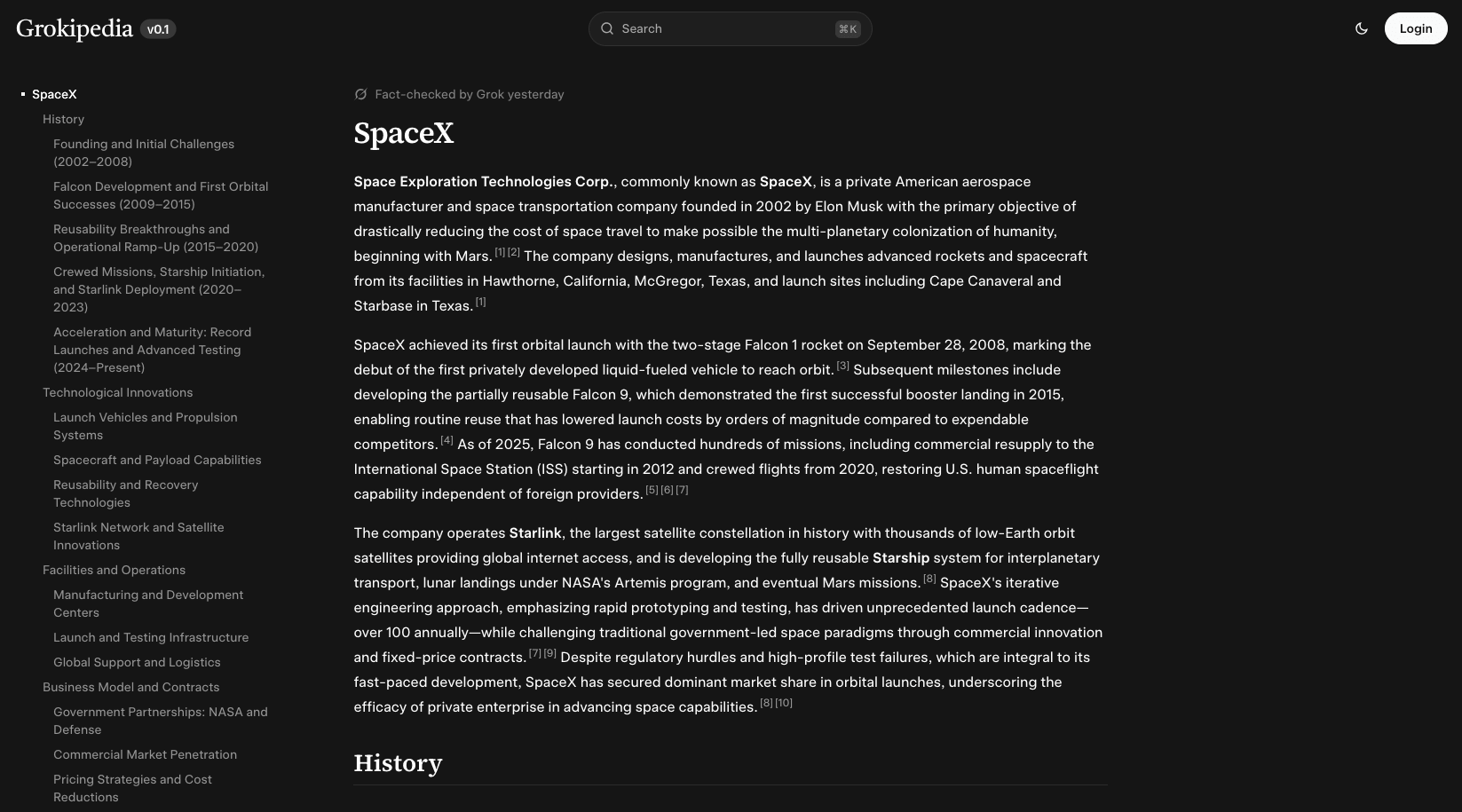
Elon Musk’s Grokipedia was introduced as the next evolution of online knowledge — a bold, AI-driven encyclopedia promising to outperform Wikipedia. But early impressions reveal something more ironic: even Grokipedia depends on Wikipedia to exist.
At first glance, Grokipedia looks familiar. A simple search bar, text-heavy pages, and structured headings — almost identical to Wikipedia’s design. But beneath that familiar layout lies a telling story about where AI creation meets human contribution.
Some of Grokipedia’s pages carry the line: “Content adapted from Wikipedia, licensed under Creative Commons Attribution-ShareAlike 4.0.” That’s not subtle. On multiple entries — from the MacBook Air to the PlayStation 5 — entire passages appear to be copied word-for-word from Wikipedia. Even the structure, tone, and phrasing remain untouched, showing just how dependent AI-generated knowledge still is on human-built data.
And this isn’t a one-off glitch. Grokipedia, which Musk described as a “massive improvement” over Wikipedia, currently operates more like a reflection than a reinvention. It even features a so-called “fact-check” label claiming Grok has verified the information — a bold statement given that large language models are infamous for hallucinating facts.
This isn’t the first time Musk’s xAI has leaned on existing public data. Just a month ago, Grok’s chatbot was caught quoting Wikipedia directly, prompting Musk to respond that “it’ll be fixed by the end of the year.” Yet with Grokipedia’s official launch, that fix seems far from reality.
The real question isn’t whether Grokipedia borrowed from Wikipedia — it’s whether AI can build knowledge without human foundation.
Wikipedia’s strength has always been its transparency and collaboration. Thousands of volunteers from around the world contribute, verify, and refine information daily, ensuring that what you read isn’t just accurate but built on open consensus. In contrast, Grokipedia offers no clarity on who edits, fact-checks, or corrects its entries. The mysterious “edit” button appears sporadically, showing only completed changes without attribution — a transparency gap that highlights the limits of AI’s self-governing promise.
The Wikimedia Foundation, which manages Wikipedia, responded with a subtle but sharp reminder:
“Even Grokipedia needs Wikipedia to exist.”
That single line captures the core of the debate. AI systems don’t create knowledge — they reorganize it. And when that reorganization crosses into replication, it stops being innovation and starts being dependency disguised as disruption.
One of the clearest examples of this contrast lies in Grokipedia’s climate change entry. Wikipedia’s page clearly states that “there is a nearly unanimous scientific consensus that climate change is caused by human activity.” Grokipedia, however, softens that stance, suggesting that claims of consensus are “overstated” and that advocacy groups have exaggerated public concern. The framing subtly shifts from fact-based reporting to opinion shaping — a dangerous move in a platform positioning itself as an encyclopedia.
While Wikipedia stands as an open, nonprofit archive of shared human knowledge, Grokipedia feels like a private experiment — one that borrows trust from the very source it’s trying to outdo. With over 885,000 entries (compared to Wikipedia’s 7 million), Grokipedia’s scale might grow, but its foundation remains borrowed.
As AI-generated content spreads, this moment serves as a crucial reminder: information without human accountability is fragile. The integrity of Wikipedia comes not from algorithms, but from people — editors, researchers, and volunteers who correct, debate, and verify every line. That’s what gives it authority. That’s what Grokipedia still lacks.
Elon Musk’s vision of AI-powered knowledge may be ambitious, but it also underscores a humbling truth — AI can’t outgrow the humanity that fuels it. Every dataset, every citation, every insight begins somewhere human.
And maybe that’s the lesson here: the future of knowledge won’t be about replacing Wikipedia; it’ll be about recognizing that collaboration — not automation — keeps truth alive.
👉 The next time you read an AI-built article, ask yourself: Did a machine create this, or did a human teach it how?
You may like recent updates...
Subscribe & Get Free Starter Pack
Subscribe and get 3 of our most templates and see the difference they make in your productivity.
Free Starter-Pack
Includes: Task Manager, Goal Tracker & AI Prompt Starter Pack
We respect your privacy. No spam, unsubscribe anytime.

